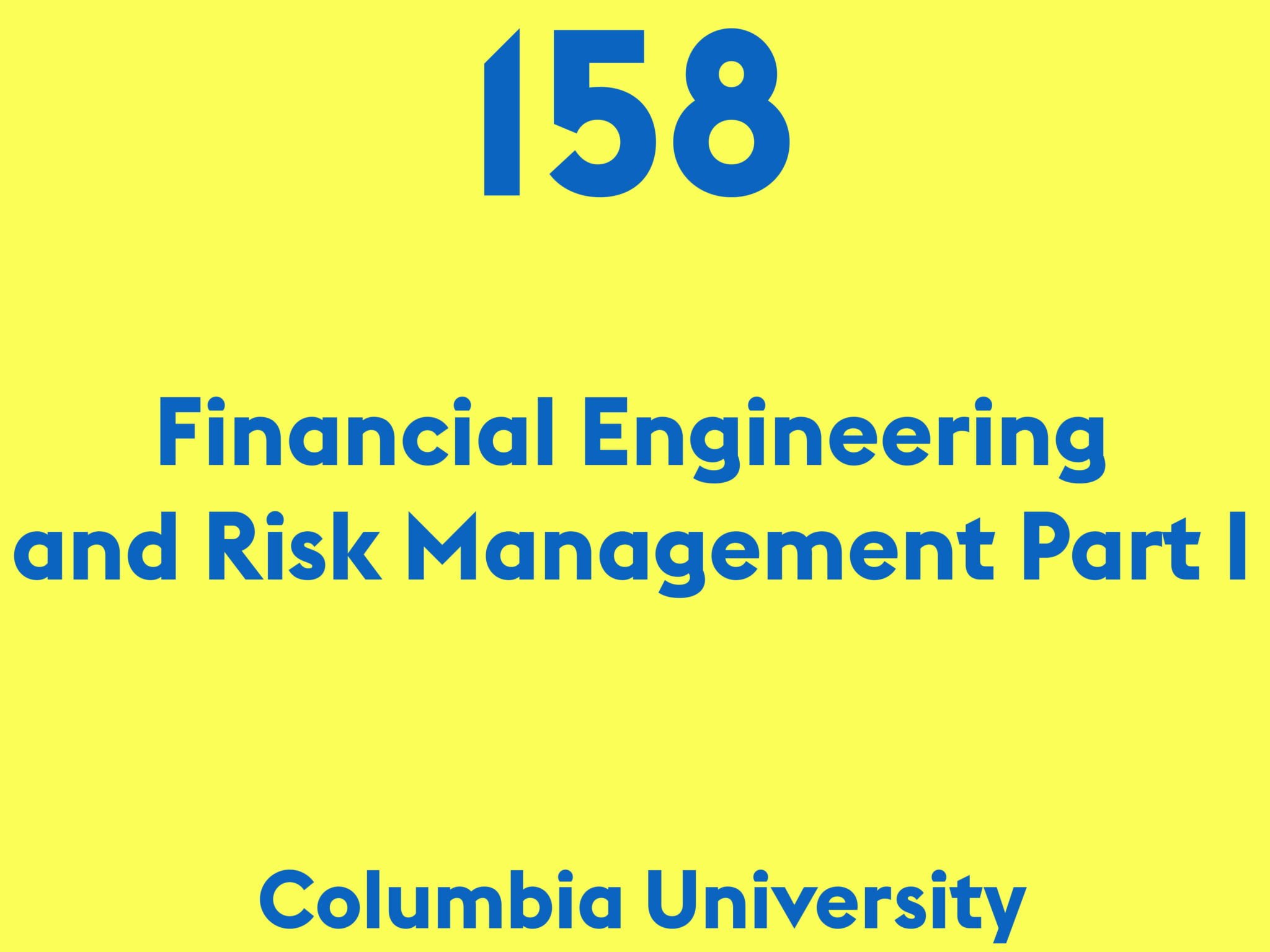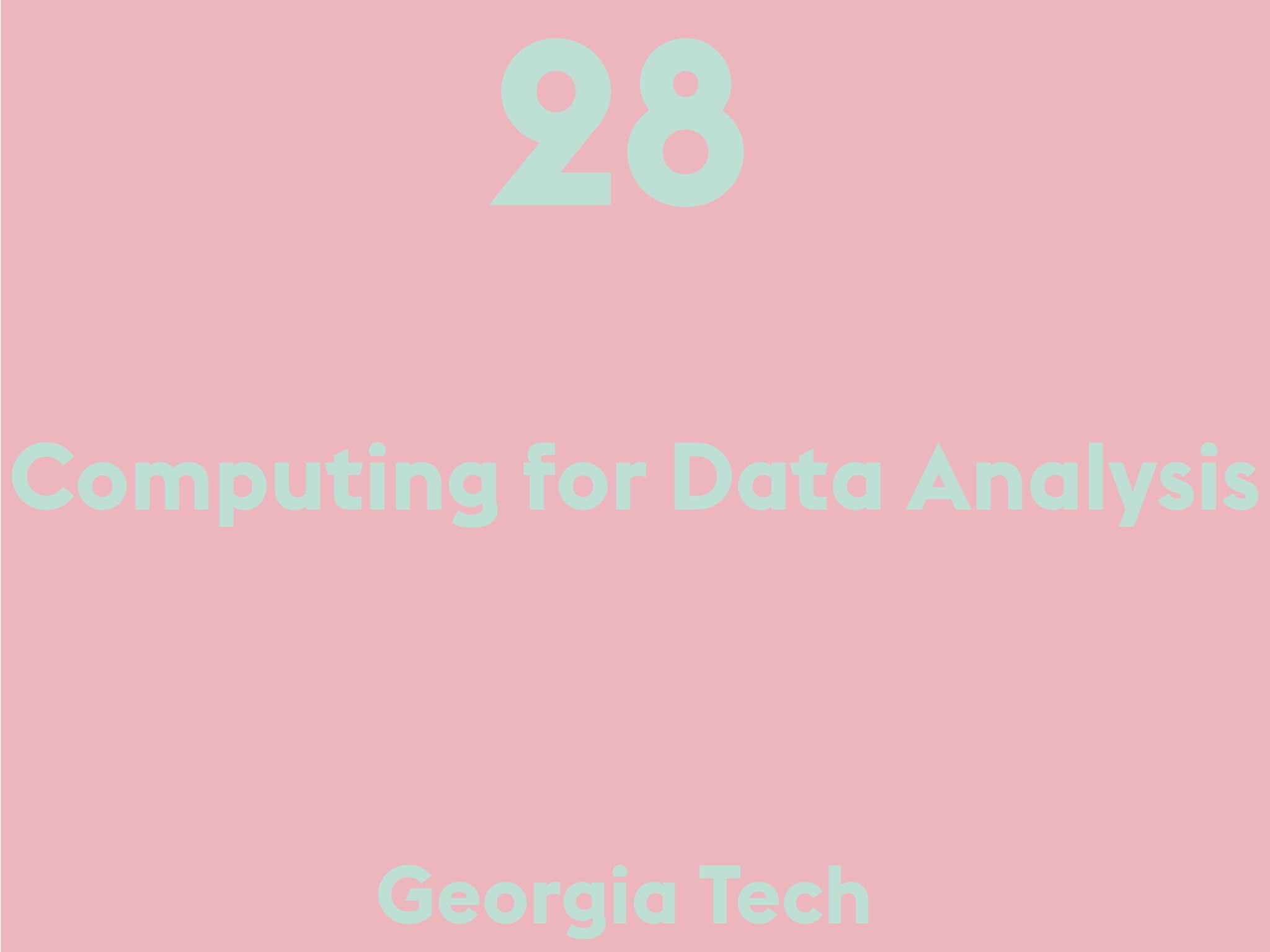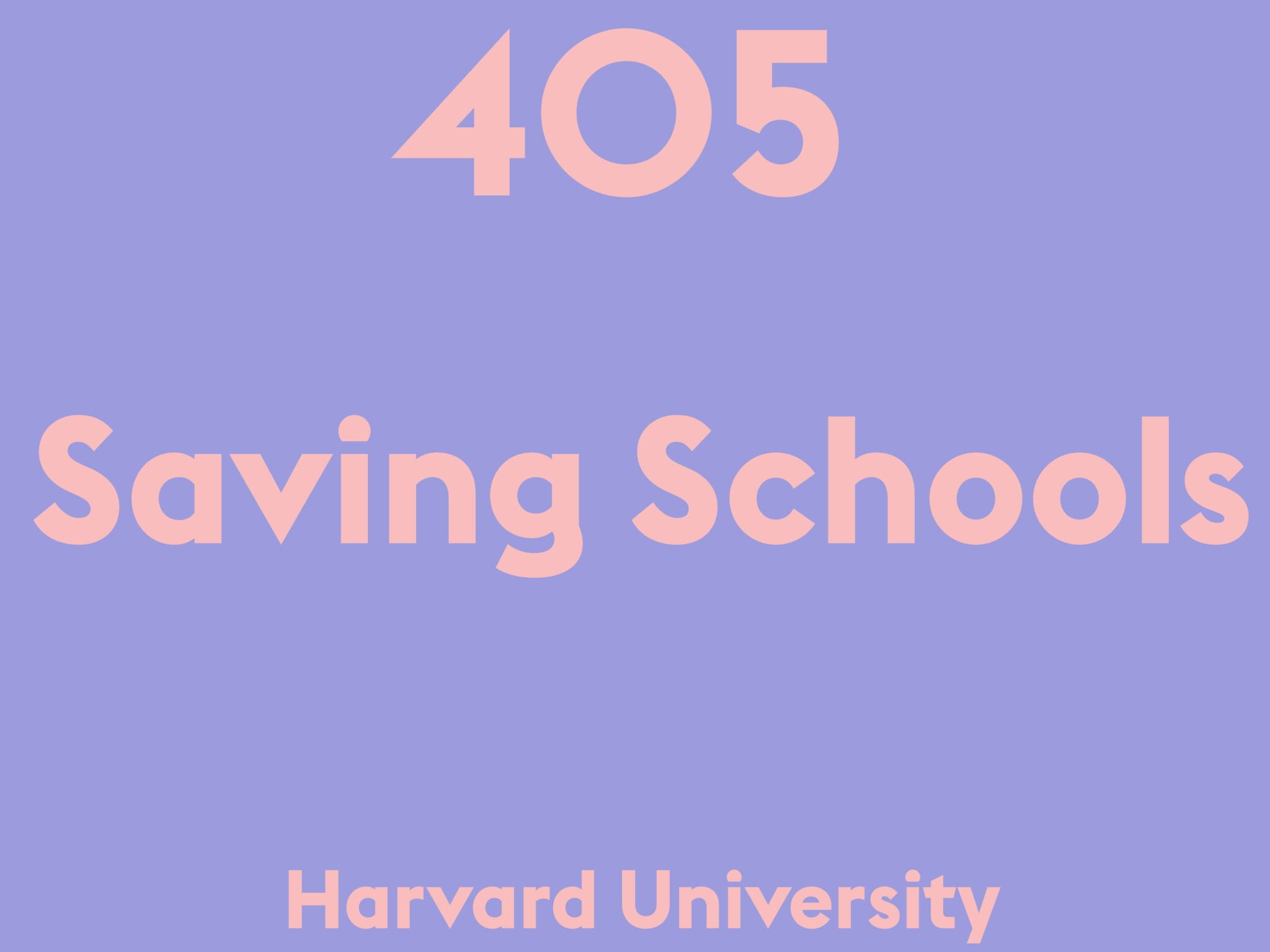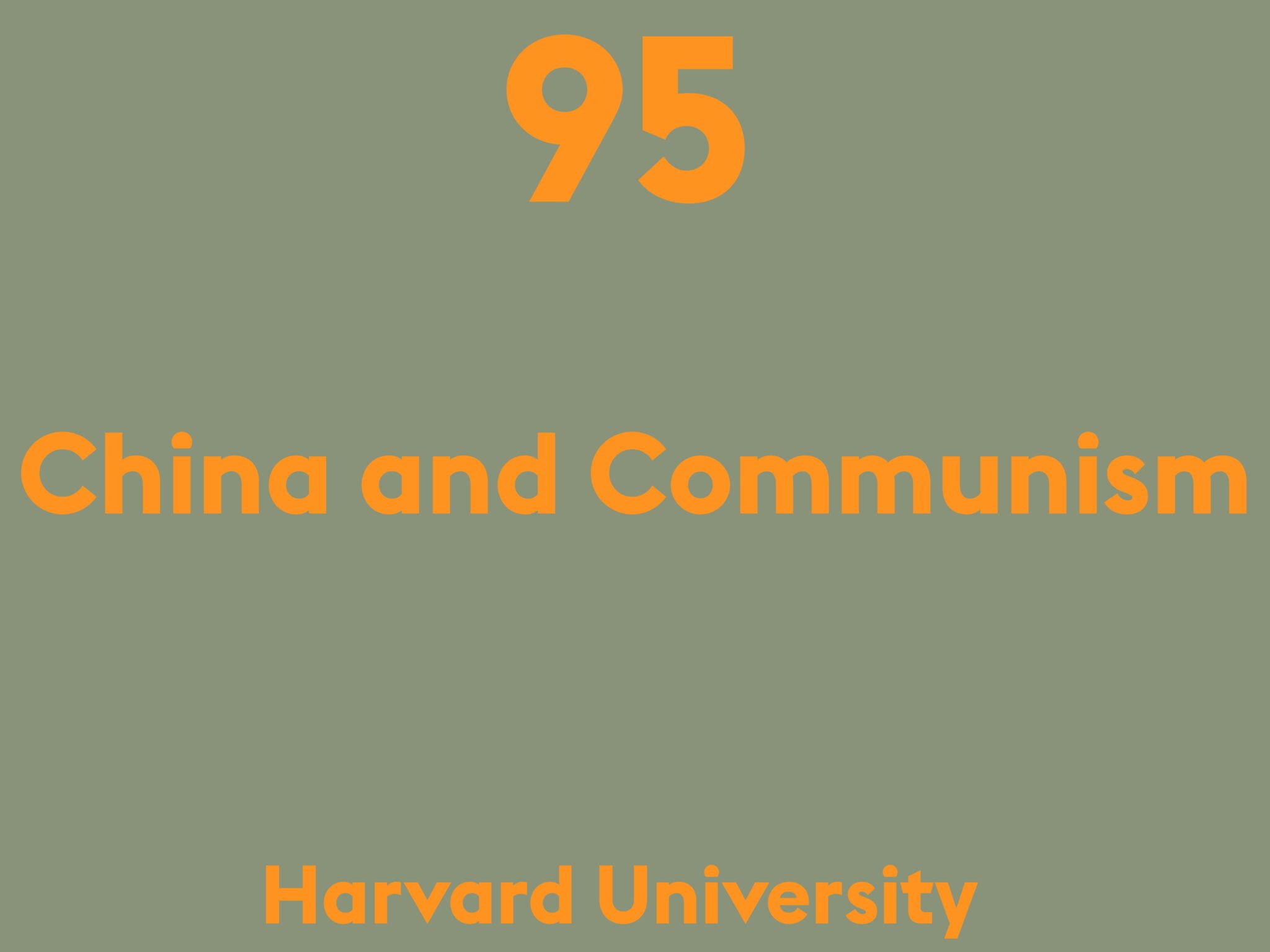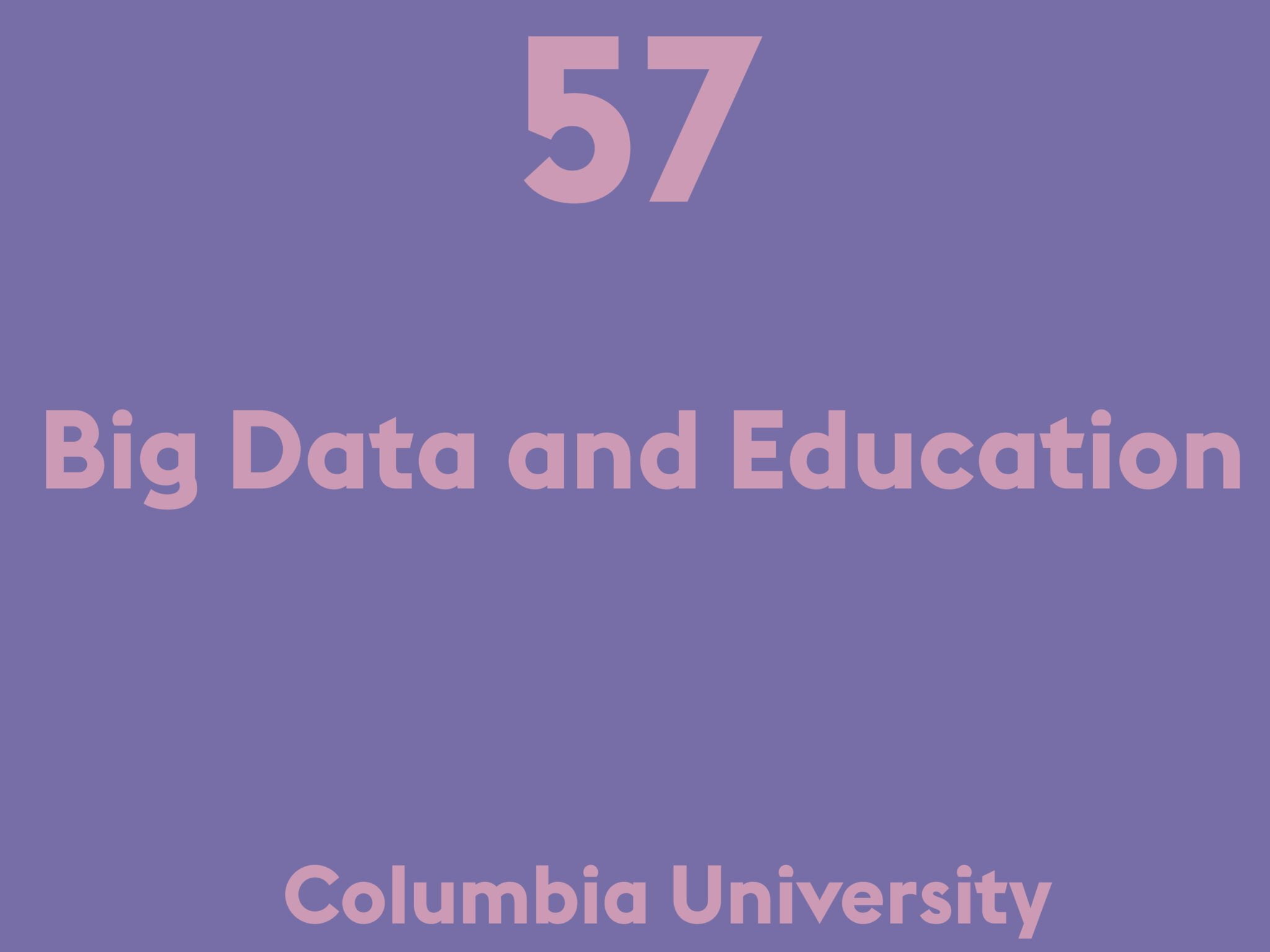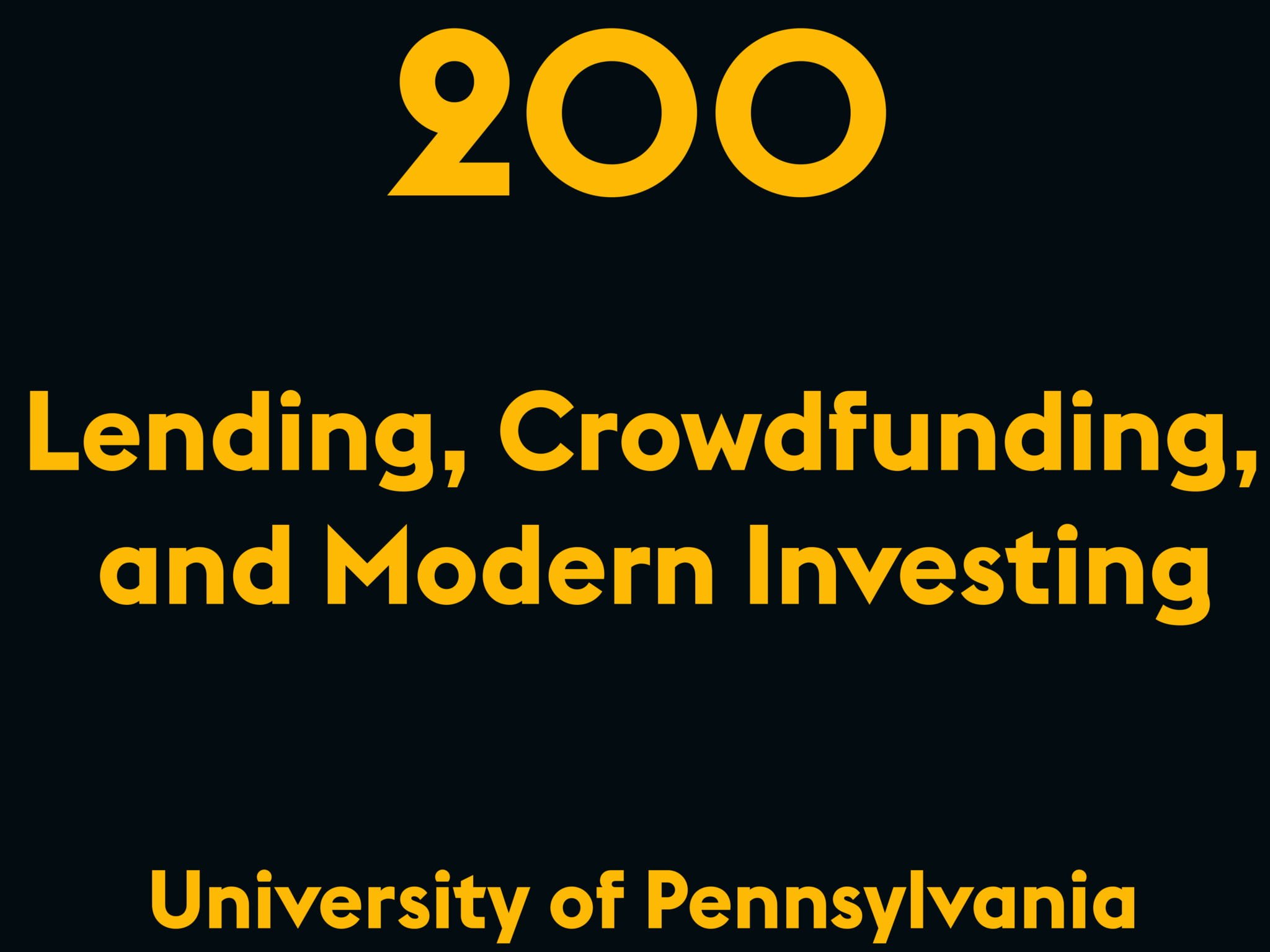Financial Engineering is a multidisciplinary field drawing from finance and economics, mathematics, statistics, engineering and computational methods. The emphasis of FE & RM Part I will be on the use of simple stochastic models to price derivative securities in various asset classes including equities, fixed income, credit and mortgage-backed securities. We will also consider the role that some of these asset classes played during the financial crisis. A notable feature of this course will be an interview module with Emanuel Derman, the renowned “quant” and best-selling author of “My Life as a Quant”.
We hope that students who complete the course will begin to understand the “rocket science” behind financial engineering but perhaps more importantly, we hope they will also understand the limitations of this theory in practice and why financial models should always be treated with a healthy degree of skepticism. The follow-on course FE & RM Part II will continue to develop derivatives pricing models but it will also focus on asset allocation and portfolio optimization as well as other applications of financial engineering such as real options, commodity and energy derivatives and algorithmic trading.

